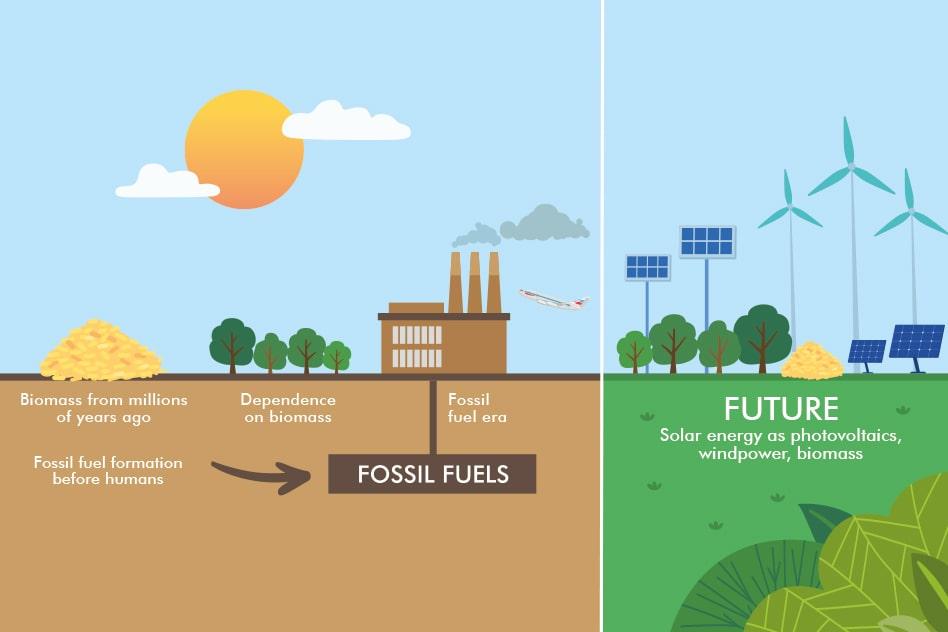What is sustainable energy program?

Welcome to our comprehensive guide on understanding sustainable energy programs. In this article, we will explore what sustainable energy is, the importance of sustainable energy programs, different types of sustainable energy sources, the benefits of implementing sustainable energy programs, challenges and solutions, successful case studies, and the future of sustainable energy programs. We will also answer some frequently asked questions to provide you with a well-rounded understanding of this crucial topic.
- What is Sustainable Energy?
- The Importance of Sustainable Energy Programs
- Types of Sustainable Energy Sources
- Benefits of Sustainable Energy Programs
- Implementing Sustainable Energy Programs
- Challenges and Solutions in Sustainable Energy Programs
- Case Studies: Successful Sustainable Energy Programs
- Future of Sustainable Energy Programs
- Conclusion
- Frequently Asked Questions
What is Sustainable Energy?
Sustainable energy refers to energy sources that are renewable and have a minimal impact on the environment. It involves harnessing natural resources such as sunlight, wind, water, and biomass to generate power without depleting finite resources or causing significant harm to the planet.
The Importance of Sustainable Energy Programs
Sustainable energy programs play a vital role in mitigating the adverse effects of climate change and reducing dependence on fossil fuels. By transitioning to sustainable energy sources, we can minimize greenhouse gas emissions, preserve natural resources, and create a more sustainable future for generations to come.
Types of Sustainable Energy Sources
There are various types of sustainable energy sources, including:
- Solar energy: Capturing sunlight and converting it into usable electricity through solar panels.
- Wind energy: Harnessing the power of wind to generate electricity using wind turbines.
- Hydropower: Utilizing the energy of flowing or falling water to produce electricity.
- Biomass: Converting organic materials, such as crops or organic waste, into biofuels or biogas.
- Geothermal energy: Tapping into the heat beneath the Earth's surface to generate power.
Benefits of Sustainable Energy Programs
Implementing sustainable energy programs offers numerous benefits, including:
- Environmental conservation: Reducing carbon emissions and minimizing ecological damage.
- Energy independence: Decreasing reliance on fossil fuels and ensuring a more stable energy supply.
- Economic growth: Creating new job opportunities and stimulating green industries.
- Cost savings: Lowering energy expenses in the long run through energy efficiency and renewable sources.
Implementing Sustainable Energy Programs
Implementing sustainable energy programs involves a combination of government policies, private sector initiatives, and individual efforts. Governments can provide incentives, grants, and regulations to promote the adoption of sustainable energy practices. Businesses and individuals can invest in renewable energy technologies, adopt energy-efficient practices, and participate in community-based initiatives.
Challenges and Solutions in Sustainable Energy Programs
While sustainable energy programs offer numerous benefits, they also face certain challenges. These include high initial costs, intermittency of renewable energy sources, and limited infrastructure. However, solutions such as technological advancements, energy storage systems, and collaborative partnerships can help overcome these obstacles and drive the widespread adoption of sustainable energy programs.
Case Studies: Successful Sustainable Energy Programs
Several countries and organizations have successfully implemented sustainable energy programs. For example, Denmark has achieved significant milestones in wind energy production, while Costa Rica generates almost all of its electricity from renewable sources. These case studies serve as inspiration and demonstrate the feasibility and effectiveness of sustainable energy programs.
Future of Sustainable Energy Programs
The future of sustainable energy programs looks promising. With advancements in technology, increasing awareness about climate change, and growing support from governments and businesses, the world is moving towards a cleaner and more sustainable energy future. This transition will not only benefit the environment but also create new opportunities for innovation, economic growth, and social development.
Conclusion
Sustainable energy programs are crucial for addressing climate change, reducing environmental impact, and ensuring a sustainable future. By understanding the concept of sustainable energy, the importance of implementing sustainable energy programs, and the challenges and solutions involved, we can actively contribute to a cleaner and greener world.
Frequently Asked Questions
1. What is the definition of sustainable energy?
Sustainable energy refers to energy sources that are renewable and have minimal environmental impact, aimed at preserving natural resources and reducing carbon emissions.
2. How do sustainable energy programs contribute to environmental conservation?
Sustainable energy programs help reduce greenhouse gas emissions, minimize ecological damage, and preserve natural resources by relying on renewable energy sources instead of fossil fuels.
3. Are there any financial incentives for implementing sustainable energy programs?
Yes, many governments offer financial incentives, such as tax credits, grants, and subsidies, to promote the adoption of sustainable energy practices and technologies.
4. Can individuals and small businesses participate in sustainable energy programs?
Absolutely! Individuals and small businesses can actively participate in sustainable energy programs by investing in renewable energy technologies, adopting energy-efficient practices, and supporting community-based initiatives.

Leave a Reply